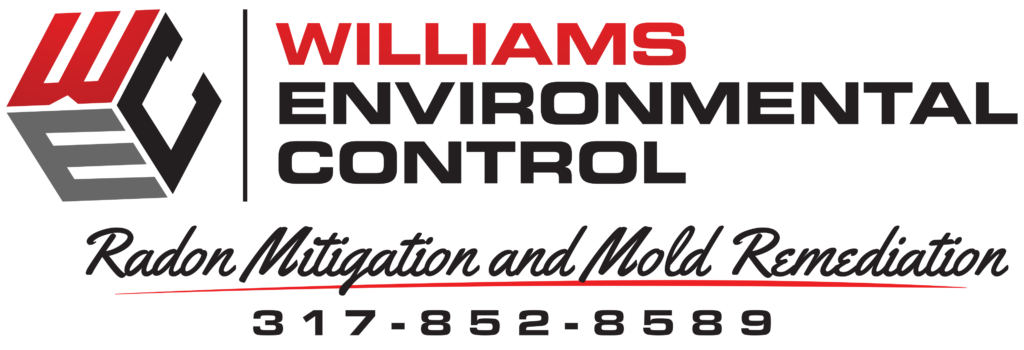Radon Testing

Get a Consultation for Radon Testing Today!
317-852-8589
Radon testing is the process of measuring the concentration of radon gas in a specific location, typically in indoor spaces like homes or commercial buildings. Radon is a colorless, odorless, and tasteless radioactive gas that is naturally produced by the breakdown of uranium in soil and rocks. It is a known carcinogen and can pose health risks when it accumulates in high concentrations indoors.
Key Points About Radon Resting:
Health Risks
Prolonged exposure to elevated levels of radon can increase the risk of lung cancer, particularly in individuals who smoke. Radon is the second leading cause of lung cancer in the United States.
Testing Methods
There are several methods for testing radon levels in a building, including short-term and long-term tests. Short-term tests typically last from 2 to 90 days, while long-term tests extend beyond 90 days. The choice between short-term and long-term testing depends on the specific goals of the testing and the location.

Radon Test Kits
Radon test kits are readily available and can be purchased at home improvement stores or online. These kits usually include a radon detector or collector, along with instructions for placement and use.
Professional Testing
While do-it-yourself test kits are convenient, it’s often advisable to hire a professional radon testing service. They can ensure accurate and reliable results. This is especially important if you are buying or selling a home, as many real estate transactions require professional radon testing.

Radon Mitigation
If elevated radon levels are detected, radon mitigation measures may be necessary to reduce the concentration of radon gas indoors. Common mitigation methods include sealing cracks and openings in the foundation, installing radon venting systems, and improving ventilation in the building.
Regulations and Guidelines
Many countries and regions have established regulations and guidelines for radon testing and mitigation. It’s important to be aware of local regulations and follow the recommended testing procedures.
Follow-Up Testing
Radon levels can fluctuate over time, so it’s recommended to conduct periodic testing, especially if you’ve previously identified elevated levels or if there have been changes to the building’s structure or ventilation.
Radon testing is a crucial step in ensuring indoor air quality and the safety of occupants. Elevated radon levels can pose serious health risks, so it’s important to test for radon and take appropriate measures if necessary to reduce exposure.




